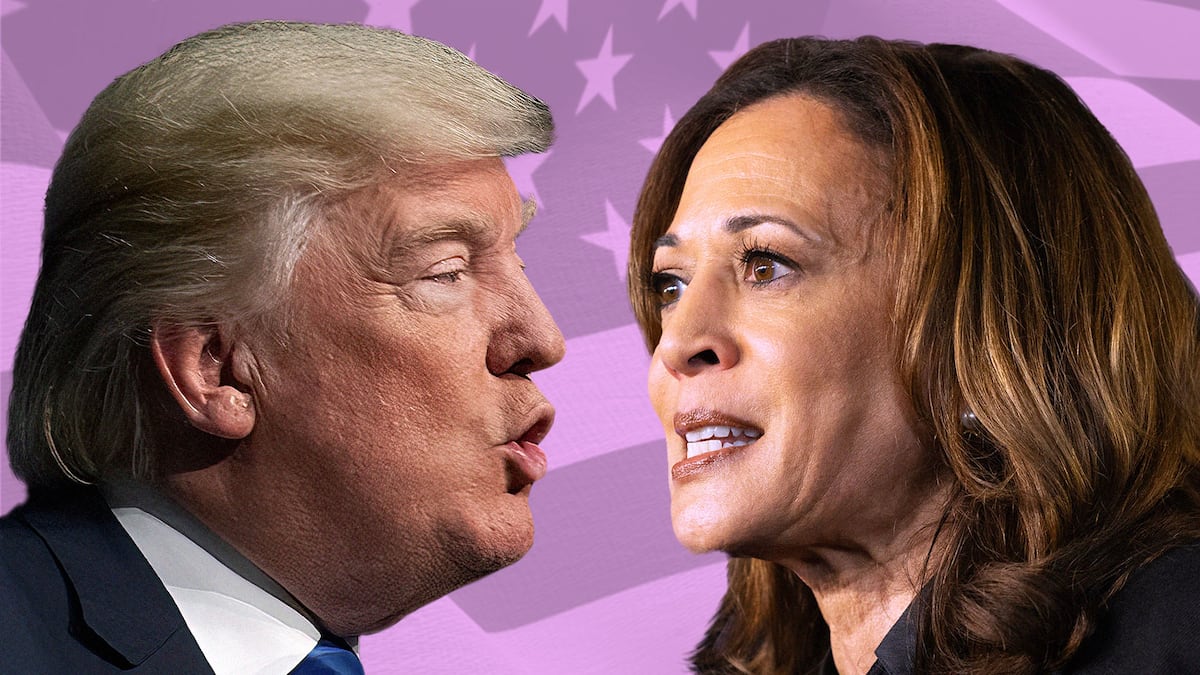- Crypto companies poured money into influencing 2024 presidential elections.
- But blogger Molly White says there's no make-or-break bloc of crypto voters.
A version of this story appeared in our The Guidance newsletter on October 7. Sign up here.
American voters don’t care about crypto, says Molly White, crypto’s sharpest sceptic.
“There’s this story that there are all these voters out there [for whom] crypto is a make or break issue, and if a candidate came out in support of crypto they would win the vote,” White told me.
“I don’t think that’s true. People care about the price of groceries or whether they can afford a house.”
White’s claim to fame is her blog, “Web3 is going just great,” where she chronicles crypto’s scams and rug pulls.
More recently, she’s documented the crypto industry’s big spending on political influence.
A handful of companies and their executives — Coinbase, Ripple, Gemini, a16z — have ploughed $174 million into political action committees ahead of US elections, according to White’s own tracker.
Here are some takeaways from my recent chat with White.
Crypto voters aren’t a thing
The industry wants to convince political candidates that crypto voters exist.
They do so by funding polls they say reveal the existence of a grassroots pro-crypto movement.
Coinbase says 52 million crypto owners could swing elections in battleground states.
The Digital Currency Group funded a poll which it said suggested that voters were strongly positive about crypto.
These surveys’ methodologies are flawed, White said.
A survey funded by the Federal Reserve and conducted by polling giant Ipsos shows that 7% of Americans transacted in crypto in 2023.
White called the DCG findings “a masterclass in spin,” noting that the survey actually found that 69% of its respondents had “very” or “somewhat” negative opinions about crypto.
It’s an effective strategy, however — political candidates and journalists alike repeat these figures uncritically, White said.
Politicians don’t care that much either
Both Republican candidate Donald Trump and Democrat Kamala Harris have made statements crypto boosters find encouraging.
White said there’s little substance behind either, however. Neither candidate has put out much clear policy.
“Despite what the cryptocurrency industry wants everyone to believe, crypto is not really top priority on either candidate’s list,” she said.
“There’s a lot more going on right now geopolitically.”
Campaigns don’t mention crypto
Fairshake has funded attack ads on Democratic candidates Katie Porter and Jamaal Bowman, who both ran unsuccessfully for Congress this year.
None of these ads mention the candidates’ strong anti-crypto stances, opting instead to attack them for ethics violations.
That’s because campaigners know voters don’t care, White said.
“Not only that, but a lot of people are actually turned off by crypto,” she said.
“If they saw an ad that said, ‘Your representative is going to fight for crypto,’ they’d be like, What? Why are they spending their time on that? There are so many local issues that matter to me.”
Look out for my longer interview with White on DL News.
Reach out to me at joanna@dlnews.com.


